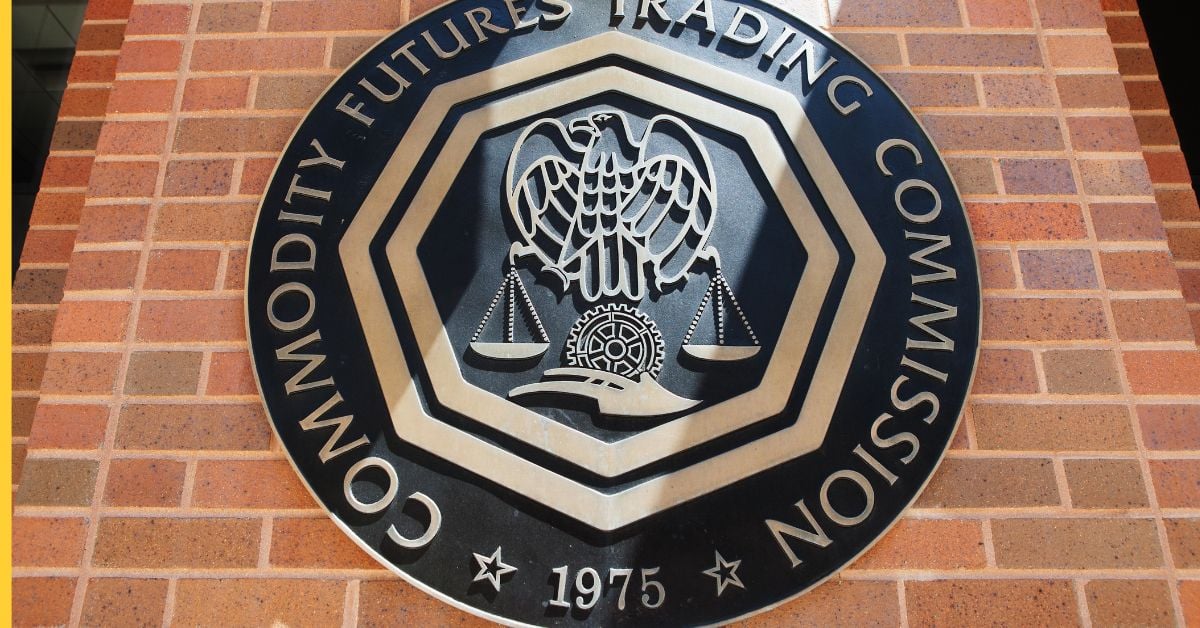
In a letter dated 2 June, addressed to CFTC acting chairperson Caroline Pham, Johnson expressed grave concerns about the expansion of event-based contracts like those provided by Kalshi, Crypto.com, and Robinhood.
She is particularly concerned about the contracts tied to sports outcomes, which she asserts violate Arizona state law.
“[Arizona] does not accept the idea that for years states have blindly passed legislation and regulated event wagering without knowing that Congress secretly upended its historical approach to gambling in the Commodities Exchange Act,” Johnson wrote.
The letter is the latest development challenging sports prediction markets in Arizona, after the ADG issued cease-and-desist orders to prediction market platforms last month.
In her letter, Johnson stated that under Arizona law, a wager is defined as risking something of value on an uncertain event, and sports event wagering is heavily regulated.
Only licensed operators under Arizona’s 2020 Gaming Act may offer such services, and they must meet stringent regulatory, licensing, and operational requirements, she argued.
The letter added that Kalshi and the other Designated Contract Markets (DCMs) named have not obtained licences to operate sports betting in the state, yet they offer contracts on sports outcomes to Arizona residents.
Johnson argued these DCM-operated markets are therefore effectively operating as sportsbooks without appropriate oversight, sidestepping state gambling law and the associated regulatory obligations.
She suggested that allowing such entities to operate unchecked undermines Arizona’s entire regulatory framework, which was developed in coordination with tribal governments, industry stakeholders, and the public, to reflect local values and safeguard consumers.
Kalshi, in particular, has repeatedly stated that it does not offer sports betting. However, its social media and public marketing activity has extensively used the term “bet” in reference to selecting sports markets.
Arizona’s event wagering law limits the number of betting licences to 20, shared between professional sports teams and federally recognised tribes.
These operators undergo extensive background checks, pay licensing fees up to $750,000, and comply with strict rules on geolocation, responsible gambling, fraud prevention, age verification, and tax obligations.
Additionally, they must contribute privilege fees — 8% of retail and 10% of mobile gross revenues — generating over $42m for the state in 2024.
In contrast, Kalshi and other platforms pay no such fees, creating what the ADG called an unfair competitive advantage.
The regulator also raised the alarm about the possible implications for tribal-state compacts.
Arizona’s gaming agreements with 22 tribes, established under the Indian Gaming Regulatory Act and approved by the federal government, strictly regulate gambling on tribal lands.
These compacts are based on decades of negotiations and cooperation. Johnson warned that the entry of DCMs into Arizona’s market jeopardises this balance and erodes tribal revenue contributions.
Further, Johnson’s noted the CFTC’s cancellation of a planned roundtable with states and tribes, as well as the agency’s recent decision to drop its legal challenge against Kalshi in the DC Circuit Court of Appeals.
The CFTC is in the midst of a major shakeup of its senior management, which may have contributed to a lack of action on the matter.
The letter points to 17 CFR § 40.11(a)(1), a regulation requiring that contracts not be contrary to the public interest, suggesting that the CFTC has failed to uphold this standard.
Johnson contends that DCMs are exploiting a regulatory loophole by classifying sports prediction contracts as financial derivatives, thus avoiding state gambling laws.
This, according to the ADG, not only undercuts state sovereignty but also encourages illegal online gambling activity.
The letter concludes with a formal request that the CFTC reconsider its inaction, recognise sports prediction contracts as gambling products, and prohibit their offering through DCMs in jurisdictions where such activity violates state law.
Johnson emphasised her view that the regulation of gambling should remain under state control and warned that the continued presence of DCM-operated sports markets threatens both the economic and legal integrity of Arizona’s regulated gambling system.